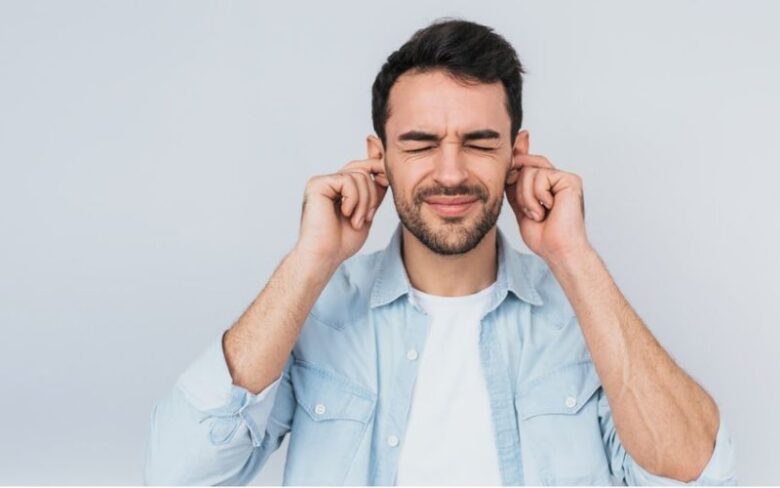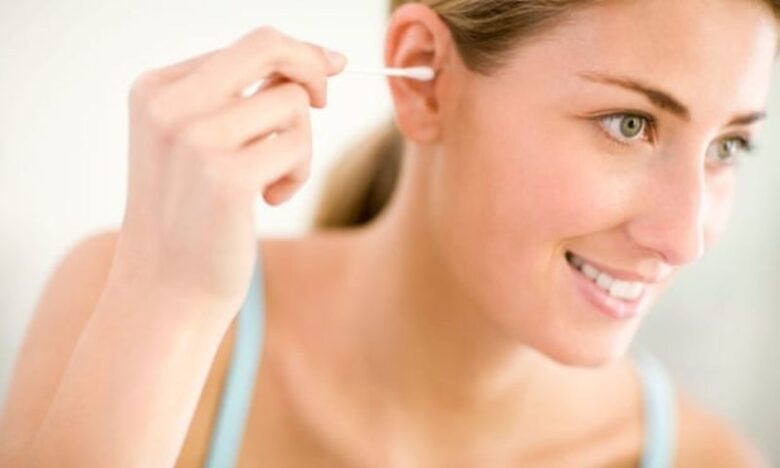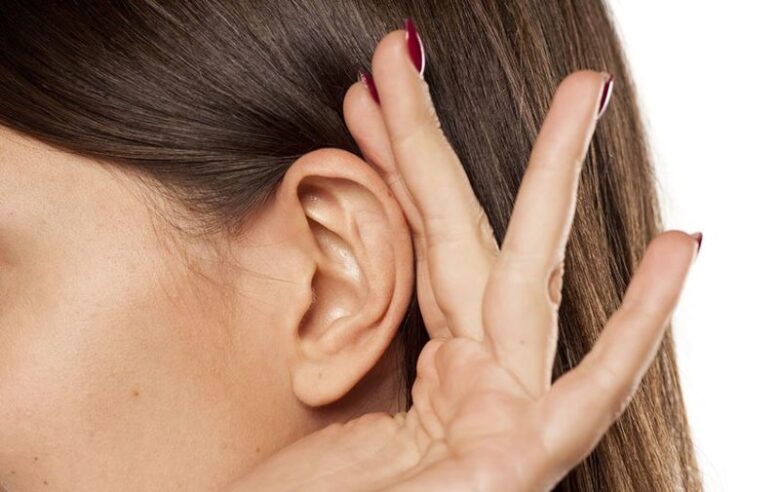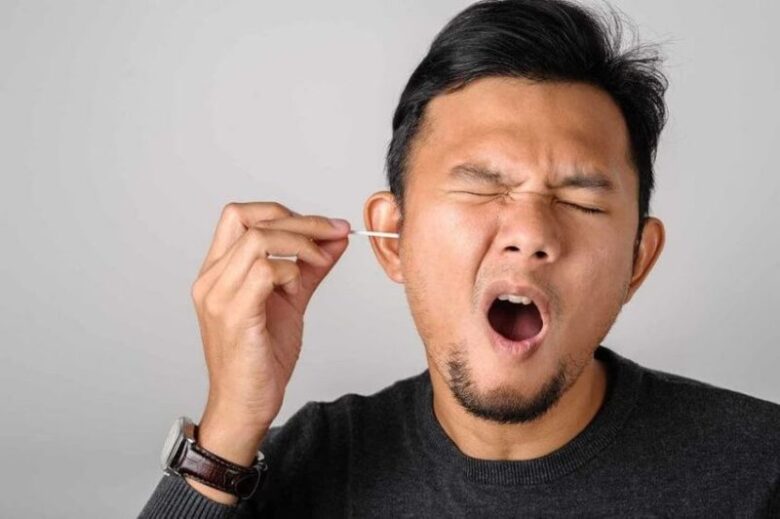If your ears are feeling blocked, it could be a sign that excess wax has started accumulating. However, you’ve probably also read that you shouldn’t use cotton swabs to remove the wax.
This article will ensure you know how to care for your ears the right way.
How to Identify Impaction

Earwax is produced as a way for your ears to keep dirt and bacteria from entering inside. Once the wax has performed its function, it is worked out of the ears as the jaw moves. Some people simply don’t need to clean their ears, while others do or the wax could end up affecting their hearing – this is what’s referred to as impaction.
Some of the signs of impaction include earache, fullness or ringing, dizziness and coughing.
Removing Ear Wax at Home – Best Practices
According to DrZurek.com.au, it’s always safer to see a doctor about impaction instead of trying to remove the excess wax at home, but there are some ways that you can decrease risks when opting for removal at home.

- Get an earwax softener. There are a number of over the counter drops that contain ingredients such as mineral oil that will help soften any impacted earwax.
- Use a damp cloth. Try wiping the outside of the ear with a warm, damp washcloth. You should also only use cotton swabs on the outside of your ear.
- Irrigate your ears. There’s also the option of using a syringe to irrigate them. Basically, you use a syringe that contains water or a saline solution to gently irrigate the ear. You will need to use a wax softener first though.
It’s important to avoid sticking objects such as cotton swabs and bobby pins. Ear candles should also be avoided.
If you know that you have a blockage, it’s best to treat it sooner rather than later if you want to prevent further irritation or hearing complications.
Protecting Your Ears Going Forward

To protect your ears in the future, here are a few guidelines you can follow:
- Avoid inserting any small objects into your ear. If it’s smaller than your elbow, don’t use it, or it could damage your eardrum or impact the earwax inside.
- Protect your ears from loud noises. Avoid listening to music at high volumes and wear protective headgear that will keep any damaging noises out. If you often wear headphones, you may want to take a break from them or at least make sure that the volume is low enough for other people not to hear your music.
- Keep your ears dry. If you want to prevent swimmer’s ear, be sure to dry your ears out after swimming. Simply use a cloth to wipe the outside of your ears. Tilting your head will get rid of additional water that could enter the ear later on.
- Watch out for hearing changed. If you start experiencing ringing in your ears or feel off-balance, it’s best to see a doctor. The same applies if you experience severe pain or injure your ear.
Your ears are a delicate organ but there are ways to avoid damaging them by making slight adjustments to your usual habits.


